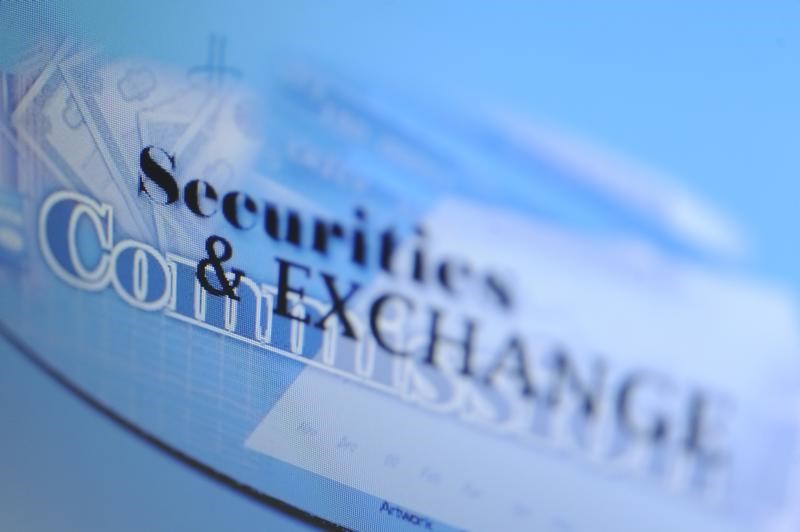By Nate Raymond
BOSTON (Reuters) - Four former employees at a firm that advises companies on shareholder votes will face trial on Monday in a case that prosecutors say shows how secret corporate information can be misused for purposes other than just insider trading.
Federal prosecutors in Boston allege that employees at Georgeson LLC schemed to bribe someone working at Institutional Shareholder Services for details about how the proxy advisory firm's investor clients had voted on shareholder proposals.
The four defendants - Michael Sedlak, Donna Ackerly, Charles Garske and Richard Gottcent - deny wrongdoing and have pleaded not guilty to wire fraud and honest services fraud charges.
The trial follows a long-running probe into Georgeson, a leading proxy solicitation firm owned by Computershare Ltd (AX:CPU). Georgeson in November agreed to pay $4.5 million and enter into a deferred prosecution agreement to resolve related charges.
The case followed investigations by federal prosecutors in Boston into what they called a black market for secret corporate information that can be used for purposes other than insider trading.
Prosecutors said Brian Bennett from 2007 to 2012 used his job at ISS to supply Sedlak with information in exchange for concert and sports tickets worth $12,000, including two costing $800 each for a Boston Red Sox baseball game.
Sedlak forwarded the information to Georgeson employees Ackerly, Garske, Gottcent and Keith Haynes, some of whom then provided it to their corporate clients, prosecutors said.
Prosecutors said Ackerly, Garske and Haynes also arranged to have the bribes billed to clients using invoices that included false descriptions, such as "courier services."
The goal, prosecutors said, was to gain a competitive edge to help companies determine if particular proposals would pass or fail and shape strategies that could affect the outcome of shareholder votes.
In a 2010 email, Sedlak told Bennett he could not obtain information about investors' votes elsewhere, such as by asking them, prosecutors said.
"80% of clients do not divulge," Sedlak wrote. "They just say they voted if that - they don't want the harassing phone calls either."
Justine Harris, Garske's lawyer, at an October hearing argued Bennett's information was "essentially in the public sphere already."
"It was essentially available to everyone in the industry, and it gave no business advantage to Georgeson whatsoever," she said.
Bennett and Haynes are expected to testify for the prosecution after pleading guilty. ISS in 2013 paid $300,000 to resolve U.S. Securities and Exchange Commission charges it failed to safeguard client information.
The case is U.S. v. Ackerly, et al, U.S. District Court, District of Massachusetts, No. 16-cr-10233.
